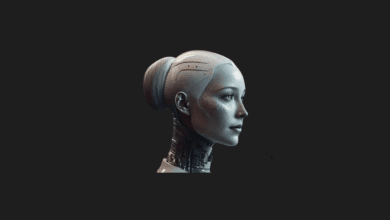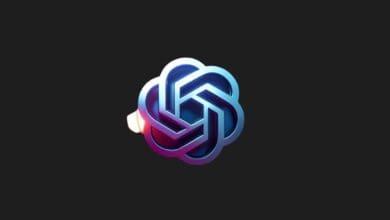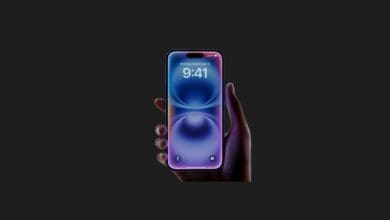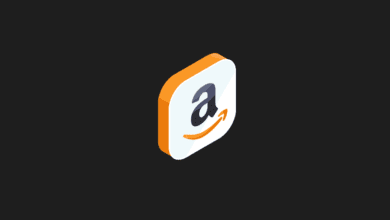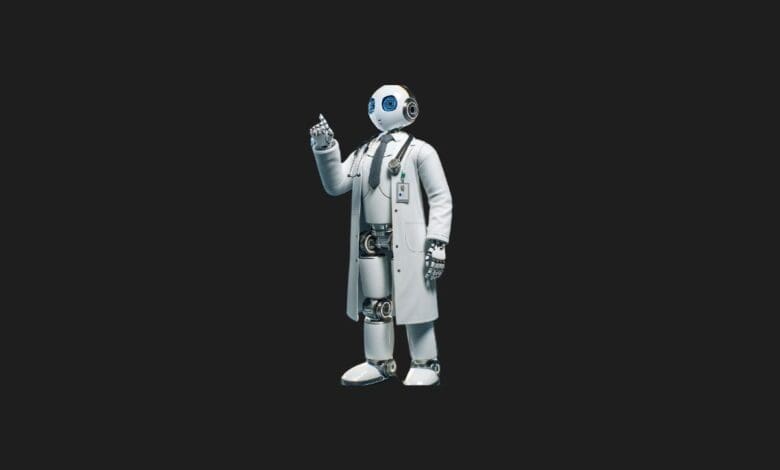
ChatGPT vs. Doctors: Study Reveals Surprising Results!
A noteworthy study on the AI-supported chatbot, ChatGPT, revealed its exceptional speed, surpassing that of doctors.
In recent years, the evolution of artificial intelligence technologies has significantly impacted our daily lives. From chatbots capable of answering virtually any question to AI systems that design video games, the spectrum of AI applications has expanded immensely. This includes software capable of generating 3D models and tools designed to predict natural disasters, embedding artificial intelligence deeply into our routines.
The adoption of artificial intelligence within the healthcare sector has been gradually increasing, despite prevalent concerns. Continuous research efforts are being made to explore its potential further. One of the latest significant developments in this area involved a comparative study between ChatGPT and medical professionals. As anticipated, the outcomes of this study underscored the efficiency and speed of ChatGPT, marking a remarkable achievement in the field of AI.
ChatGPT is about 10 times faster than doctors
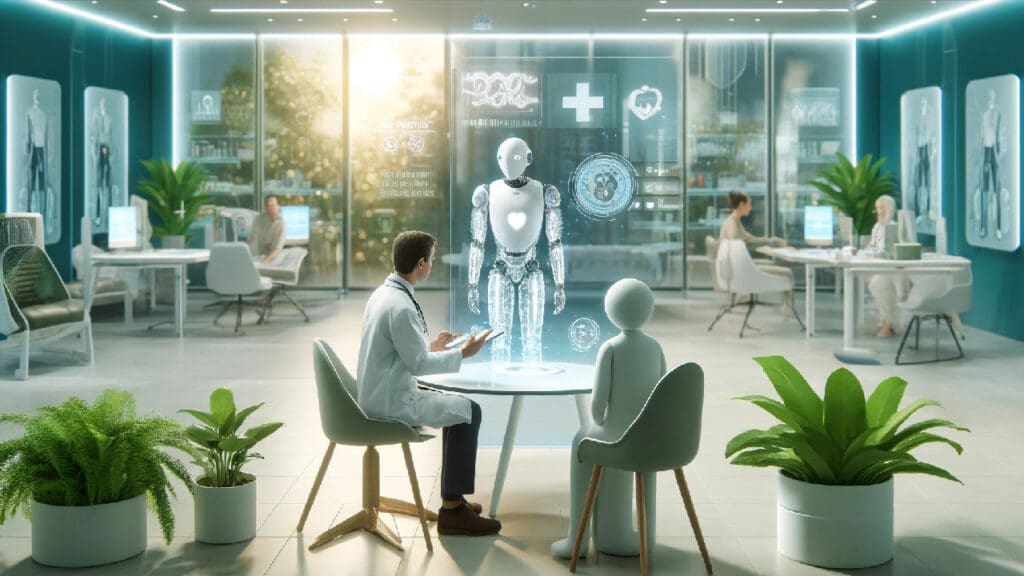
This study highlights the incredible potential and efficiency of AI, particularly ChatGPT, in healthcare contexts. The fact that a panel of 15 experts could not discern the difference between reports prepared by doctors and those by ChatGPT speaks volumes about the AI’s capability to mimic human expertise in specialized fields such as orthopedics. Moreover, the stark contrast in preparation times—with AI completing reports nearly ten times faster than human doctors—underscores the significant efficiency gains that could be achieved in clinical documentation and other areas.
The initiative by Cyrus Broden and his team at Uppsala University Hospital to conduct a larger scale study involving 1000 real patient records is a testament to the growing interest and confidence in AI’s role in healthcare. This could pave the way for more comprehensive AI integration into various healthcare processes, potentially improving patient outcomes, streamlining workflows, and alleviating the administrative burden on healthcare professionals.
However, it’s also essential to proceed with caution and ensure rigorous ethical standards, privacy protection, and accuracy in AI applications in healthcare. As we continue to explore the boundaries of AI’s capabilities, maintaining a balance between innovation and patient safety will be crucial.
What do you think about the integration of AI technologies like ChatGPT into healthcare? Do you see more benefits or challenges in the long run?
You may also like this content
- OpenAI Unveils New AI Models: o3 and o4-mini
- Gemini Can Now Turn Your Texts into Podcasts!
- Google Unveils AI Model That Can “Talk” to Dolphins
Follow us on TWITTER (X) and be instantly informed about the latest developments…




